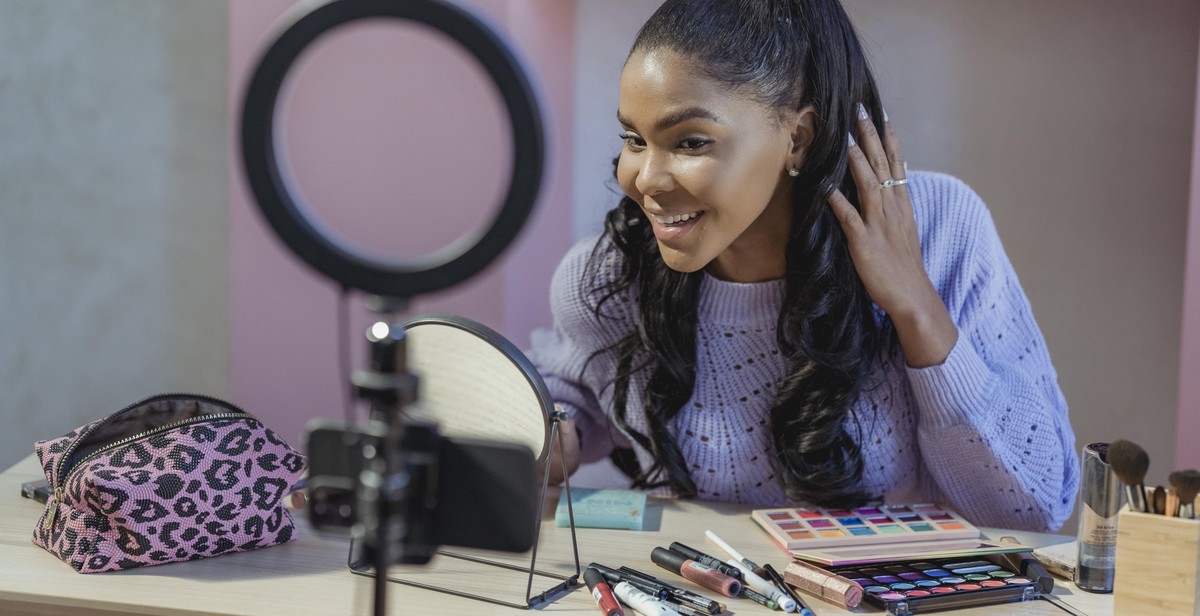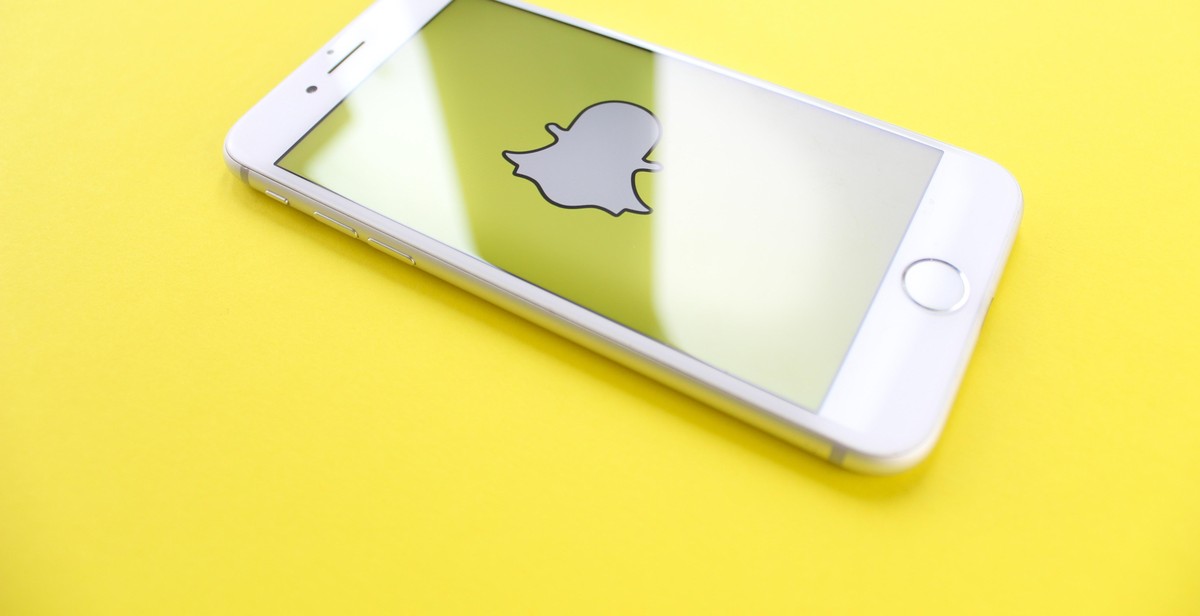The Psychology Behind Social Media: Impact on Mental Health
Social media has become an integral part of our daily lives. From Facebook to Twitter, Instagram, and Snapchat, social media platforms have become a go-to source for information, entertainment, and communication. According to Statista, there are currently over 3.78 billion social media users worldwide, and this number is expected to rise to 4.41 billion by 2025.
But why is social media so popular? One reason is that social media provides a platform for self-expression and connection. It allows us to share our thoughts, feelings, and experiences with others and connect with people from all over the world. Social media also provides a sense of belonging and validation, as we receive likes, comments, and shares on our posts.
However, the impact of social media on mental health has become a growing concern. Research has shown that excessive social media use can lead to increased feelings of anxiety, depression, loneliness, and FOMO (fear of missing out). The constant comparison to others, the pressure to present a perfect image, and the addictive nature of social media can all contribute to negative mental health outcomes.
In this article, we will explore the psychology behind social media and its impact on mental health. We will delve into the reasons why social media is so popular, the potential negative effects on mental health, and strategies for using social media in a healthy and positive way.

The Positive Impact of Social Media on Mental Health
Social media has often been criticized for its negative impact on mental health. However, research has shown that it can also have a positive impact on mental health. Here are some of the ways social media can be beneficial:
Social Support
One of the most significant positive impacts of social media on mental health is the ability to provide social support. Social media platforms offer a place where people can connect with others who share similar experiences and struggles. This can be especially helpful for individuals who may not have access to in-person support groups or therapy.
- Facebook groups dedicated to mental health issues provide a platform for individuals to share their experiences, offer support, and find comfort in knowing they are not alone.
- Twitter hashtags, such as #mentalhealthawareness and #endthestigma, allow individuals to connect with others who are advocating for mental health and working to reduce the stigma surrounding mental illness.
Reduced Stigma
Social media can also help to reduce the stigma surrounding mental illness. By sharing personal stories and experiences, individuals can help to break down stereotypes and misconceptions surrounding mental health.
- Instagram accounts, such as @mentalhealthamerica and @namicommunicate, use visual storytelling to promote mental health awareness and reduce stigma.
- YouTube channels, such as Kati Morton and John Green, offer educational and informative videos about mental health and personal experiences with mental illness.
Increased Awareness
Social media has the power to reach a vast audience and can be used to raise awareness about mental health issues. By sharing information about mental health resources and services, individuals can help to increase access to care and support.
- Facebook pages, such as The National Alliance on Mental Illness (NAMI), share information about mental health resources and services.
- Twitter accounts, such as The Mighty and Mental Health America, share news and information about mental health issues and advocacy efforts.
| Positive Impact of Social Media on Mental Health | |
|---|---|
| Social Support | Provides a platform for individuals to connect with others who share similar experiences and struggles |
| Reduced Stigma | Helps to break down stereotypes and misconceptions surrounding mental health |
| Increased Awareness | Raise awareness about mental health issues and increase access to care and support |

The Negative Impact of Social Media on Mental Health
Social media has become an integral part of our daily lives. It allows us to connect with people across the globe and share our thoughts, experiences, and feelings. However, the excessive use of social media can have a negative impact on our mental health.
Cyberbullying
Cyberbullying is one of the most common negative effects of social media on mental health. It involves the use of electronic communication to harass or bully someone. Social media platforms provide a platform for cyberbullying, which can have severe consequences on the mental health of the victim. Cyberbullying can lead to anxiety, depression, and even suicide.
Social Comparison
Social media platforms also promote social comparison, which can negatively impact mental health. Social comparison involves comparing oneself to others on social media platforms. People tend to compare their lives with the curated and often unrealistic lives of others on social media, which can lead to feelings of inadequacy, low self-esteem, and depression.
Addiction
Social media addiction is another negative impact on mental health. Social media platforms are designed to be addictive, and people often find themselves spending hours scrolling through their feeds. Social media addiction can lead to neglect of real-world relationships, lower self-esteem, and anxiety.
- Cyberbullying can lead to anxiety, depression, and even suicide.
- Social comparison can lead to feelings of inadequacy, low self-esteem, and depression.
- Social media addiction can lead to neglect of real-world relationships, lower self-esteem, and anxiety.
In conclusion, the negative impact of social media on mental health cannot be ignored. It is essential to be aware of the potential negative effects of social media and take steps to mitigate them.

The Psychology Behind Social Media Addiction
Social media has become an integral part of our daily lives, and it is hard to imagine a day without checking our Facebook, Twitter, Instagram, or other social media platforms. The reason for this is that social media has been designed to be addictive, and it triggers the reward system in our brains, releasing dopamine, a neurotransmitter that makes us feel good.
Dopamine and Reward System
When we receive likes, comments, and shares on our posts, we get a sense of validation and satisfaction, which triggers the release of dopamine. This is the same chemical that is released when we engage in pleasurable activities such as eating, drinking, or having sex. Over time, our brains become accustomed to this dopamine rush, and we start to crave it more and more.
FOMO – Fear of Missing Out
Another reason why social media is so addictive is because of FOMO, or the fear of missing out. We see our friends and acquaintances posting about their lives, and we feel compelled to keep up with them. We don’t want to miss out on the latest news, trends, or events, and social media allows us to stay connected and informed.
Self-disclosure and Validation
Self-disclosure is another factor that contributes to social media addiction. We share personal information about ourselves, our thoughts, and our feelings, and we receive validation and support from our social media followers. This creates a sense of intimacy and connection, which is also rewarding and reinforces our use of social media.
- Dopamine and the reward system
- FOMO – Fear of Missing Out
- Self-disclosure and validation
Understanding the psychology behind social media addiction is crucial for our mental health and well-being. By recognizing the triggers that lead us to overuse social media, we can take steps to limit our usage, set boundaries, and prioritize our offline relationships and activities.

Tips for Using Social Media in a Healthy Way
Social media has become an integral part of our daily lives. However, it can also have a negative impact on our mental health if we don’t use it mindfully. Here are some tips for using social media in a healthy way:
Set Boundaries
It’s important to set boundaries when it comes to social media. Decide how much time you want to spend on social media each day and stick to it. You can also set boundaries by limiting the number of social media platforms you use or unfollowing accounts that make you feel anxious or stressed.
Take Breaks
It’s easy to get lost in the world of social media, spending hours scrolling through endless feeds. Taking regular breaks from social media can help you maintain a healthy relationship with it. Consider setting aside one day a week where you don’t use social media at all or taking short breaks throughout the day to disconnect.
Be Mindful of Your Social Circle
The people you follow on social media can have a big impact on your mental health. Be mindful of who you follow and how their posts make you feel. If someone’s posts consistently make you feel anxious, stressed, or unhappy, consider unfollowing them. Instead, follow accounts that inspire you, make you laugh, or provide valuable information.
Conclusion
By setting boundaries, taking breaks, and being mindful of your social circle, you can use social media in a way that supports your mental health and wellbeing. Remember, social media is just a tool, and it’s up to us to use it mindfully.

Conclusion
Overall, the impact of social media on mental health is complex and multifaceted. On one hand, social media can provide a sense of connection and community, which can be important for mental health and wellbeing. On the other hand, social media can also contribute to feelings of isolation, anxiety, and depression, particularly when it comes to comparing ourselves to others or feeling overwhelmed by the constant stream of information.
As someone who has worked in the field of mental health for many years, I have seen firsthand the impact that social media can have on individuals. While there is no one-size-fits-all answer to the question of how social media affects mental health, it is important for individuals to be mindful of their social media use and to take steps to protect their mental health.
Tips for Protecting Your Mental Health on Social Media
- Set boundaries: Consider setting limits on your social media use, such as setting a specific time of day to check your accounts or limiting your overall time spent on social media.
- Be mindful of your emotions: Pay attention to how social media makes you feel and take a break if you find yourself feeling overwhelmed or anxious.
- Connect with others in real life: While social media can be a great way to stay in touch with friends and family, it is important to also connect with others in person.
- Seek professional help if needed: If you are struggling with mental health issues, don’t hesitate to seek professional help. A mental health professional can help you develop coping strategies and support you in your journey towards better mental health.
Remember, social media is just one aspect of our lives, and it is important to prioritize our mental health and wellbeing above all else.
 |
Image by Gerd Altmann from Pixabay |
